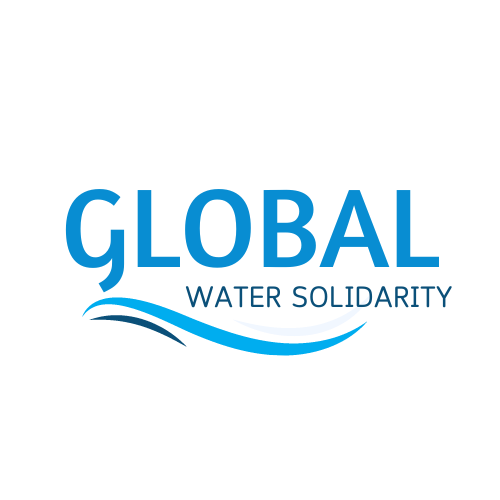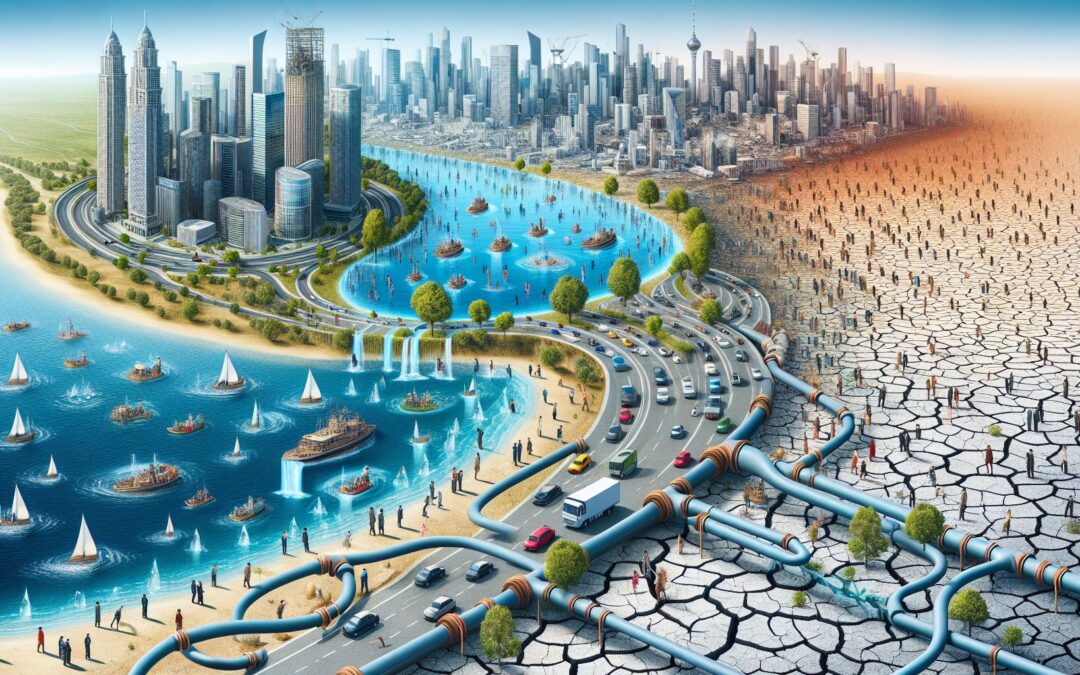Urbanization refers to the transformation from rural to urban. It is a process majorly associated with modernization and industrialization, compelling people from rural areas to move to urban areas in search of opportunities. As cities continue to grow and develop, so does the demand for commodities like water. Every household, industry, institution requires water, the most basic necessity, to function properly. Urbanization, which is touted as a vital phenomenon for economic growth, is exerting immense pressure on global water resources. This article will delve into the impact of urbanization on global water resources, the challenges posed, and potential solutions to these challenges.
Urbanization and its Growth
The world’s urban population has been increasing gradually over the years. According to a report by the United Nations (UN), around 55% of the world’s population lives in urban areas, and by 2050, it is expected to increase to 68%[^1^]. This significant increase in the urban populace translates to a higher demand for resources, especially water.
How Urbanization Impacts Water Resources
Urbanization influences water resources in various ways:
Increased Demand for Water: The necessity for water in urban areas escalates due to domestic uses, agricultural needs, and industrial requirements. This enhanced demand often leads to excessive extraction of water, thereby diminishing water sources.
Pollution of Water Bodies: Urban activities often lead to the pollution of water bodies. Industries release harmful pollutants into water bodies, resulting in their degradation.
Urban Runoff: Urban areas usually have impervious surfaces like concrete and asphalt. These surfaces prevent the natural filtration of rainwater into the ground, causing it to runoff. This runoff usually carries with it pollutants which ultimately ends up in water bodies.
Challenges and Implications in the Wake of Depleting Water Resources
The impact of urbanization on water resources has profound implications:
Scarcity of Clean Water: As demand for water surges in urban areas, groundwater levels plummet, resulting in water scarcity. Owing to polluted water bodies, clean water becomes increasingly scarce.
Public Health Concerns: Polluted water and poor sanitation lead to health problems, with the World Health Organization (WHO) stating that contaminated water and insufficient sanitation were responsible for 829,000 deaths in 2016[^2^].
Impact on Global Ecosystem: Depleting and polluted water resources adversely affect aquatic ecosystems that depend on these waters.
Solutions to Water Challenges Posed by Urbanization
Efficient Water Management: Cities should adopt effective and sustainable water management techniques. They should utilize technologies for wastewater treatment and promote rainwater harvesting.
Regulations on Industrial Pollution: Strict regulations should be imposed on industries about the disposal of waste. Regular monitoring of pollution levels in water bodies should be carried out.
Public Awareness: People should be educated about the importance of water conservation and effective utilization of water resources.
Final Thoughts
While urbanization brings along various advantages, its impact on global water resources cannot be overlooked. Effective strategies should be implemented to combat water challenges and ensure sustainable urban growth. This would not only quench the thirst of the burgeoning urban populace but would also safeguard the health of individuals and the planet at large.
[^1^]: United Nations, 2018. 68% of the world population projected to live in urban areas by 2050, says UN – Department of Global Communications. Department of Global Communications.
[^2^]: World Health Organization, 2019. Unsafe water, sanitation and hygiene – Burden of disease and mortality.

